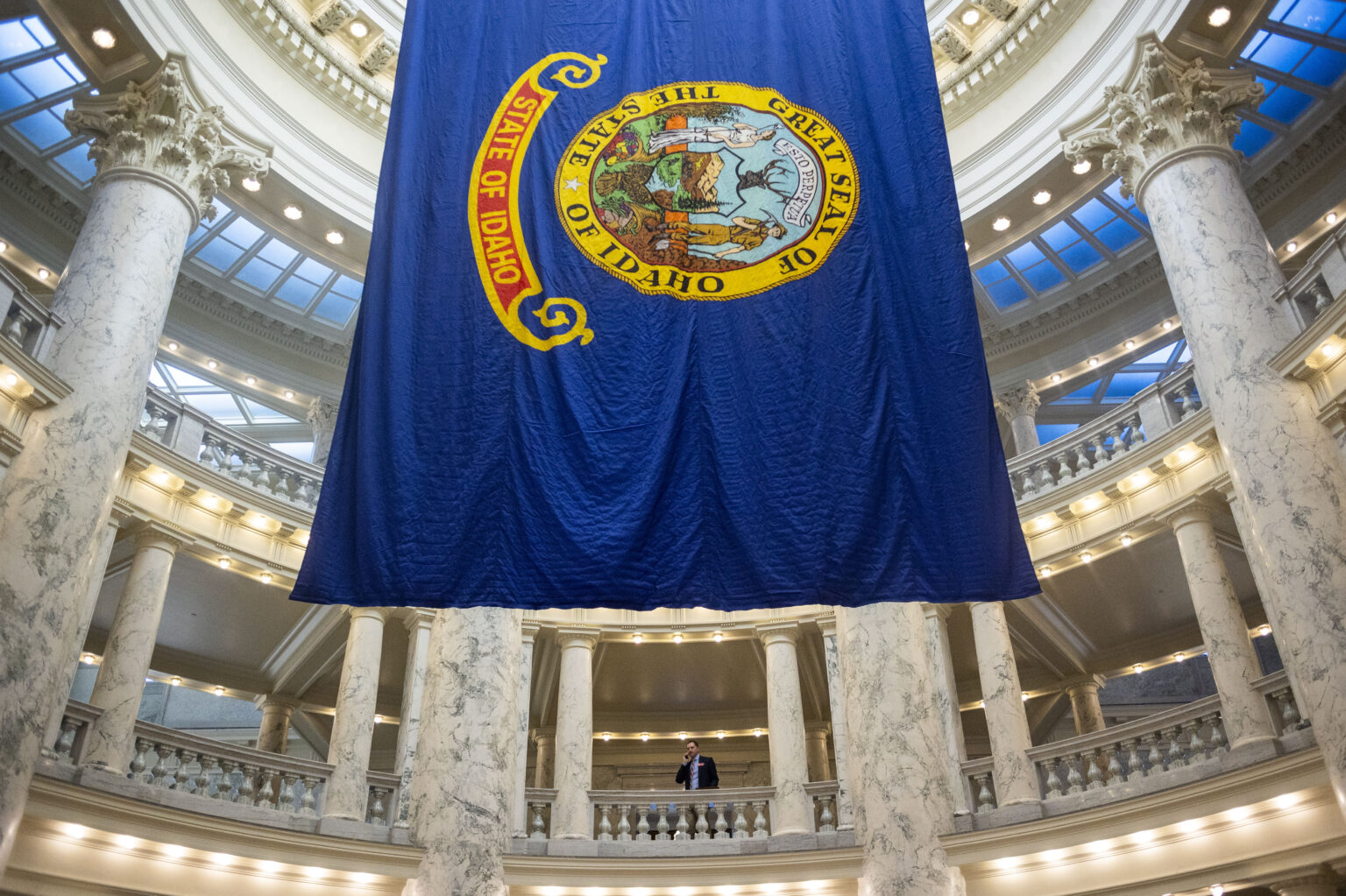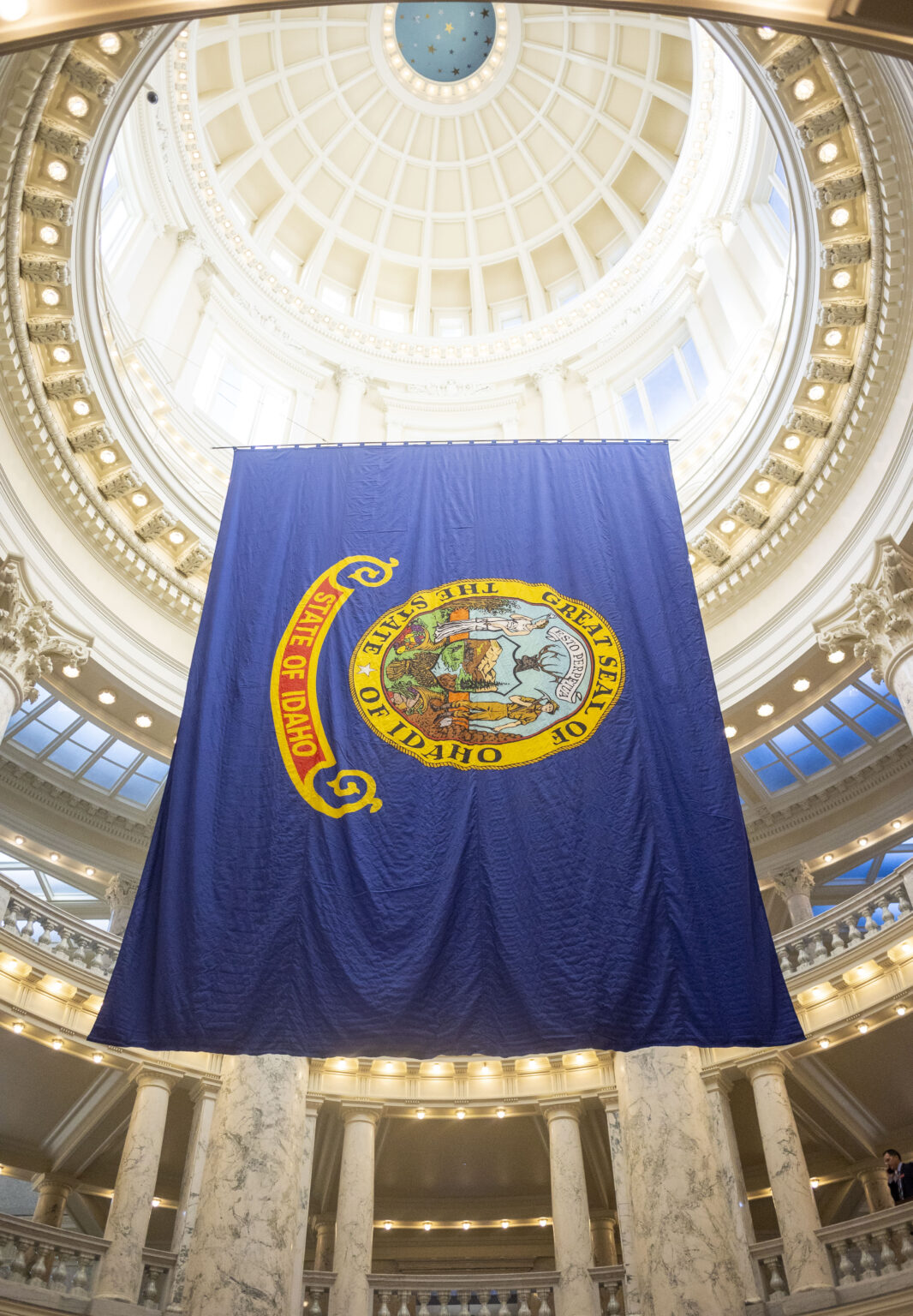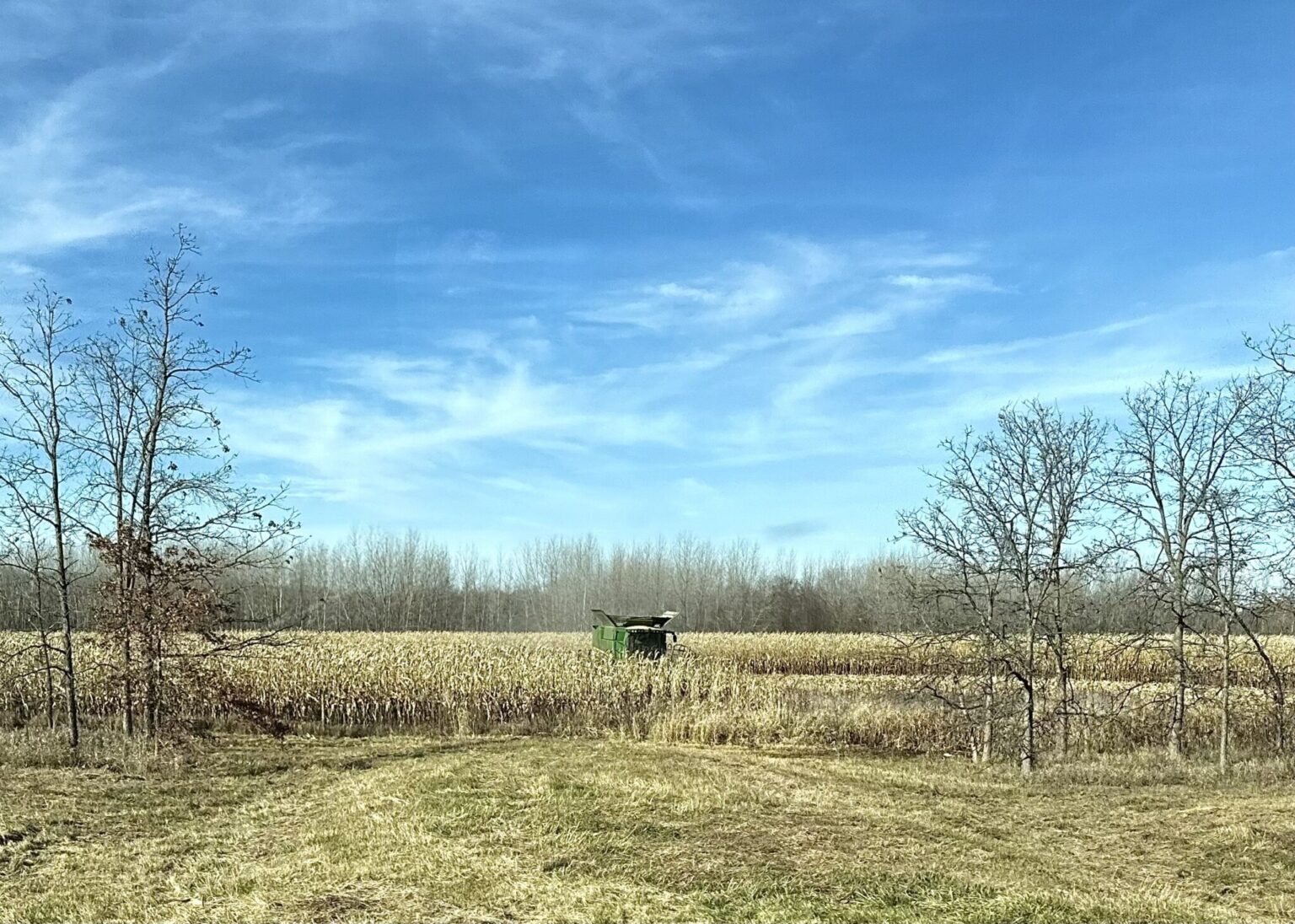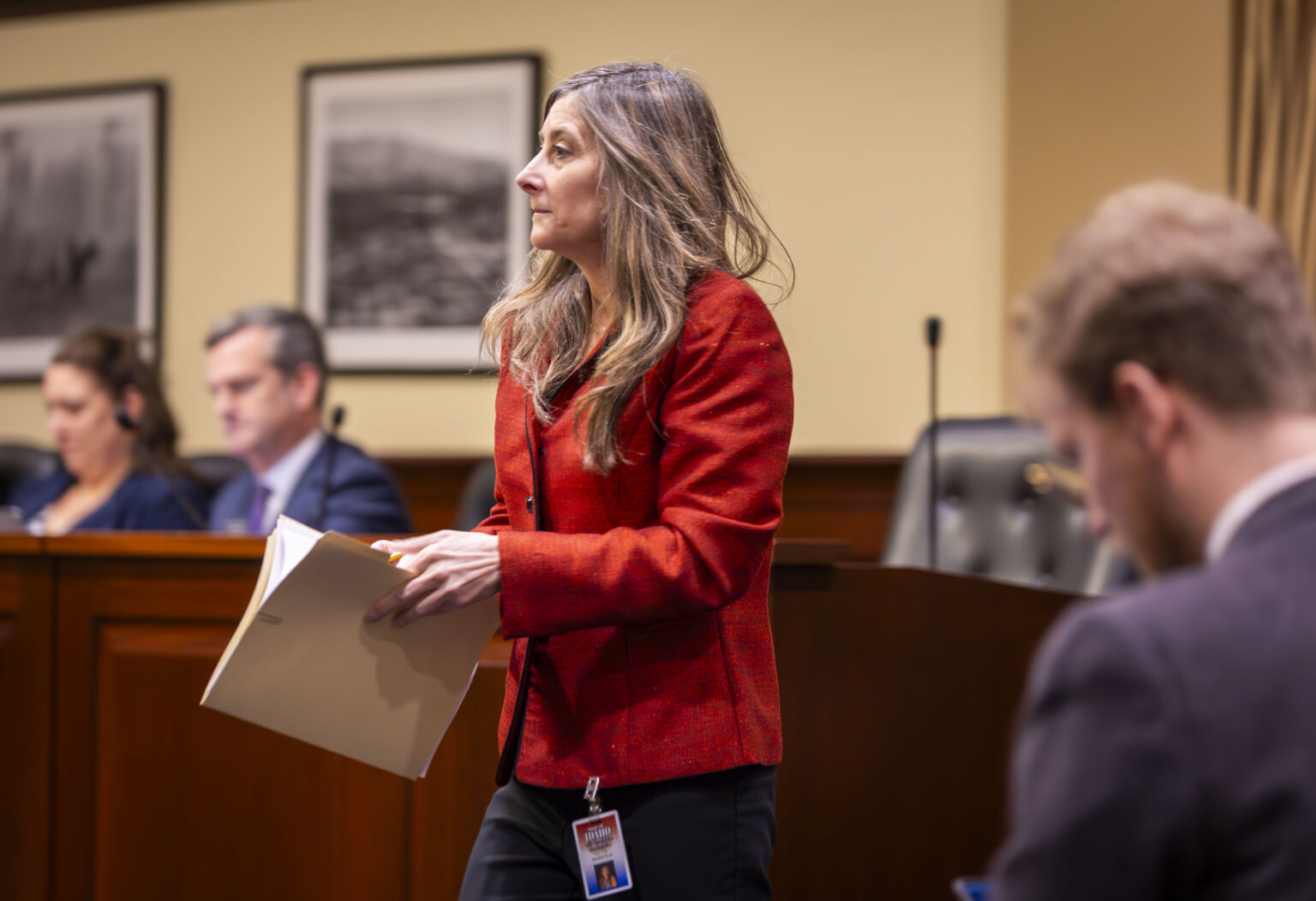Protecting sources who give media sensitive material is the goal of a new measure that was presented in the Idaho Legislature on Wednesday afternoon.
The proposed bill, which would establish a media shield statute in Idaho, was introduced by the House Judiciary, Rules and Administration Committee on Wednesday afternoon with a unanimous vote.
The bill was sponsored by Idaho Falls Republican Representatives Marco Erickson and Barbara Ehardt.
GET THE HEADLINES FOR THE MORNING.
According to Erickson, Idaho is among the ten states in the US without a shield law that protects sources who give journalists sensitive material.
According to the bill, no journalist shall be forced to reveal the source of any information gathered or obtained and published in a newspaper, print publication, digital news outlet, or by a radio or television broadcasting station with which the journalist is involved, employed, or connected in any court case, trial, or jury trial.
Unpublished data, notes, or communications gathered during the newsgathering process are also covered under the bill.
Melissa Davlin, president of the Idaho Press Club, stated that the bill safeguards both news outlets and sources.
In an interview on Wednesday, Davlin stated that while the First Amendment safeguards the right to a free press and our capacity to report and hold the powerful accountable, it is far more difficult to do so if our sources do not have confidence that the information they provide us will be confidential or off-the-record, or that all of our communications will be safe and secure.
EastIdahoNews.com was forced to play a private, off-the-record discussion between a reporter and a source in court last year after being subpoenaed. As president of the Idaho Press Club, Davlin became involved after Erickson and Ehardt approached the press group seeking assistance.
Davlin based Idaho’s bill on media shield laws that have existed for decades in Kentucky and Alabama after contacting the nonprofit Reporters Committee for Freedom of the Press for assistance and resources.
After 12 years of involvement with the Idaho Press Club, Davlin said she has noticed a notable rise in the number of individuals and groups subpoenaing news organizations in an effort to obtain private, personal material shared by sources.
Davlin added that she has firsthand experience with anonymous sources who wanted to contribute papers for a news article but changed their minds because they were concerned that their secrecy might not be protected.
I was on the board of directors of the Idaho Press Club, and in the past year, more newsrooms and reporters have asked me for assistance in quashing subpoenas than at any other time, Davlin said. There isn’t just one bad actor issuing subpoenas; it has been reported in several newsrooms and throughout the state.
Davlin claimed that since they lack the funds to hire a counsel or go to court, tiny, independent local news organizations are frequently the ones most harmed by subpoenas requesting the revelation of private information.
Legislators questioned the new media shield bill’s operation and necessity on Wednesday, despite the fact that no one voted against its introduction.
Rep. Chris Mathias, a Democrat from Boise, stated that he would prefer more details regarding whether the law would shield unauthorized companies that pose as and behave like respectable news outlets.
The bill’s introduction makes it possible for it to be heard in full by the House Judiciary, Rules, and Administration Committee.
After being read across the desk on the Idaho House floor, which is expected to happen on Thursday, the new media shield law will be given a number and made available to the public on the Idaho Legislature’s website.
Disclosure: The reporters for the Idaho Capital Sun belong to the Idaho Press Club.
OUR WORK IS MADE POSSIBLE BY YOU.



